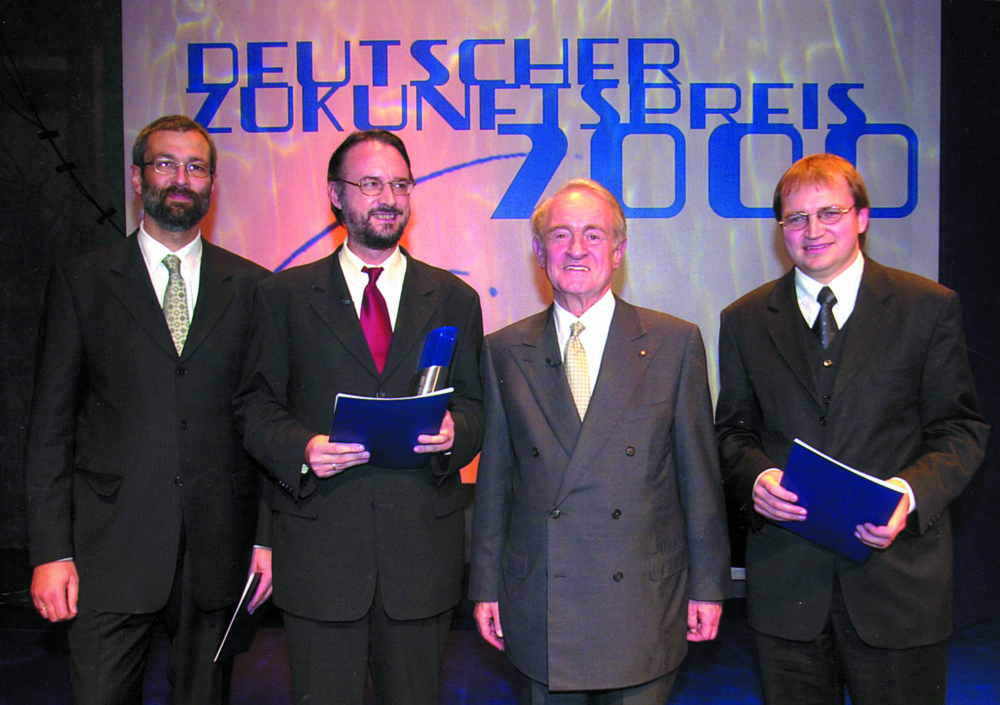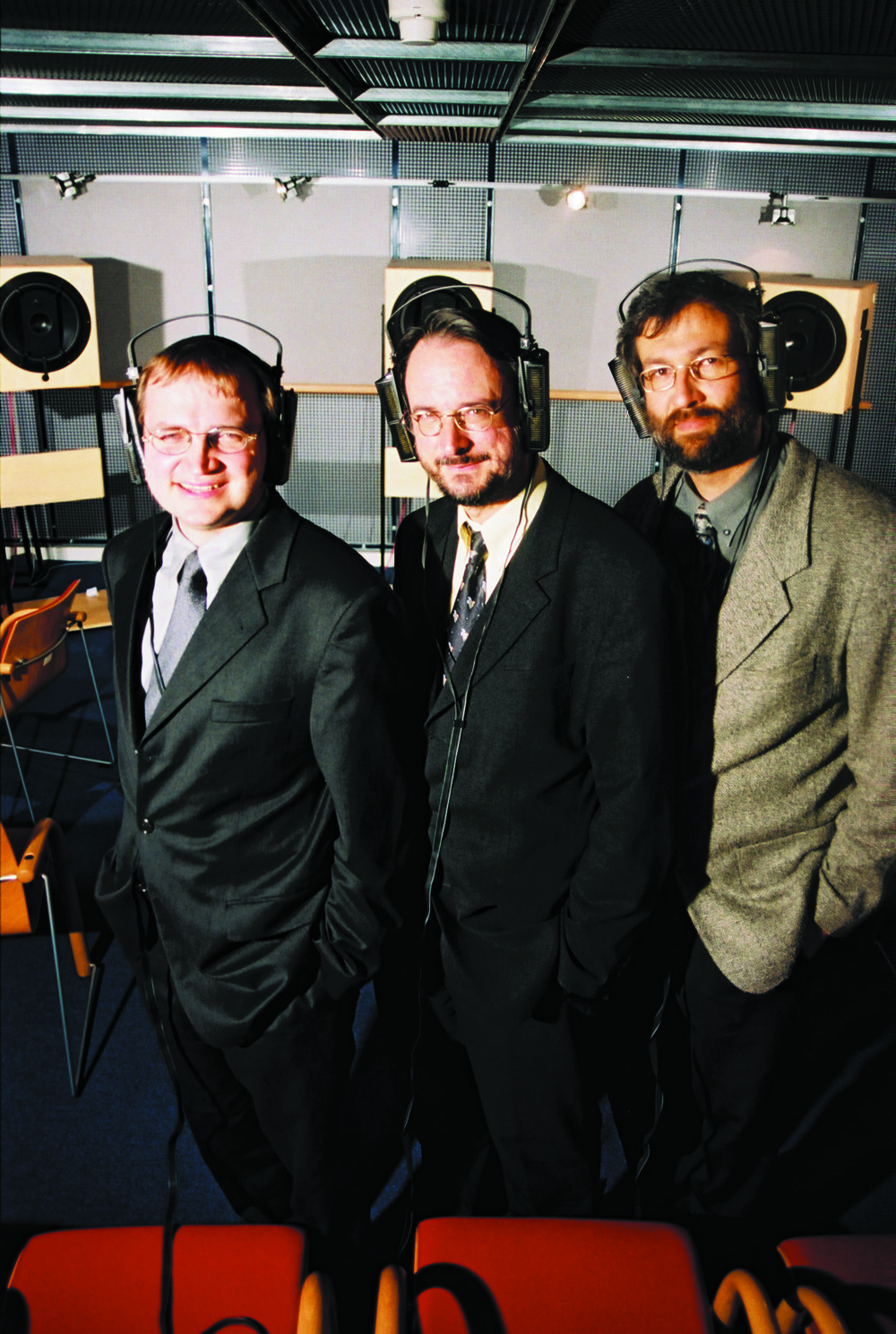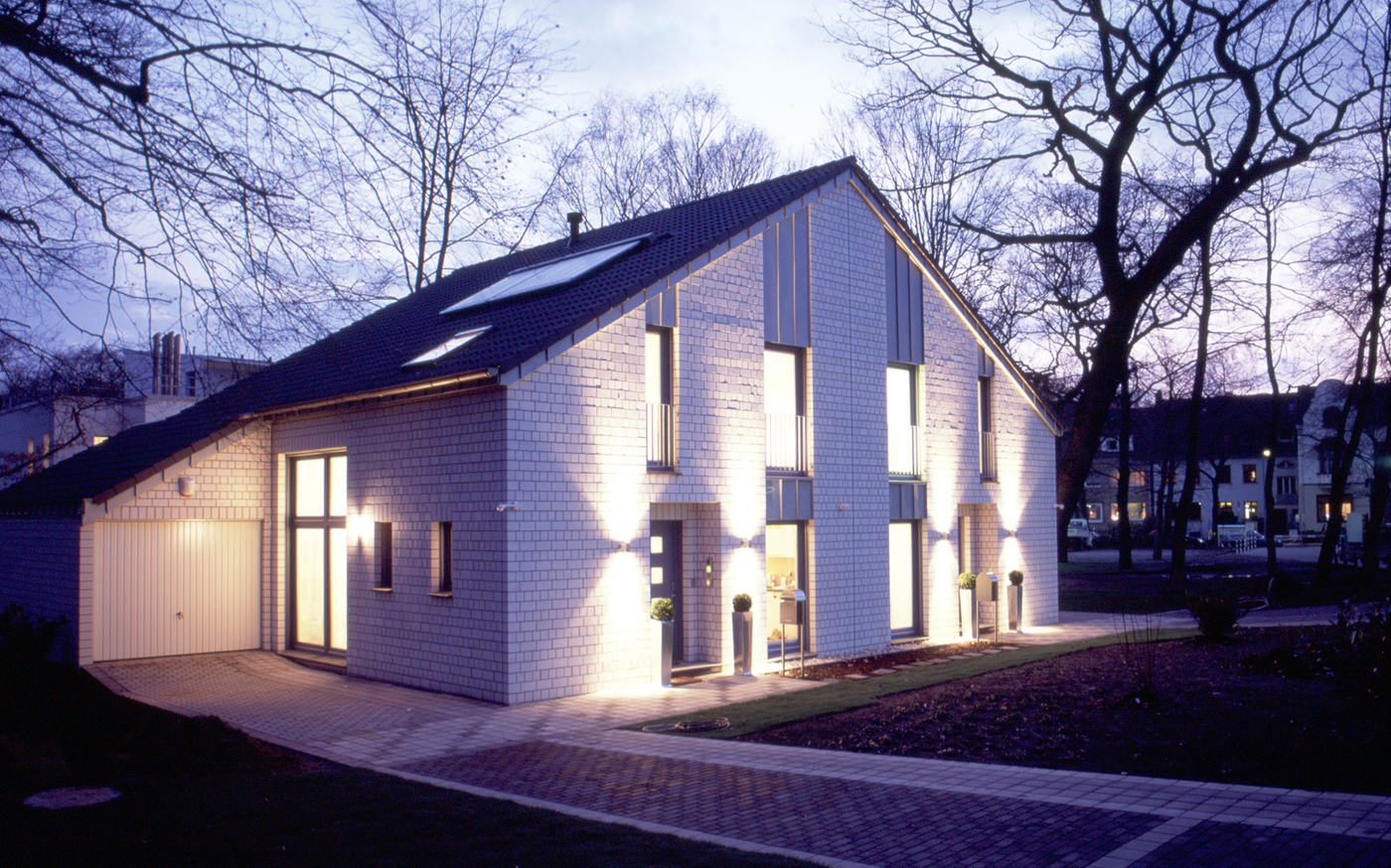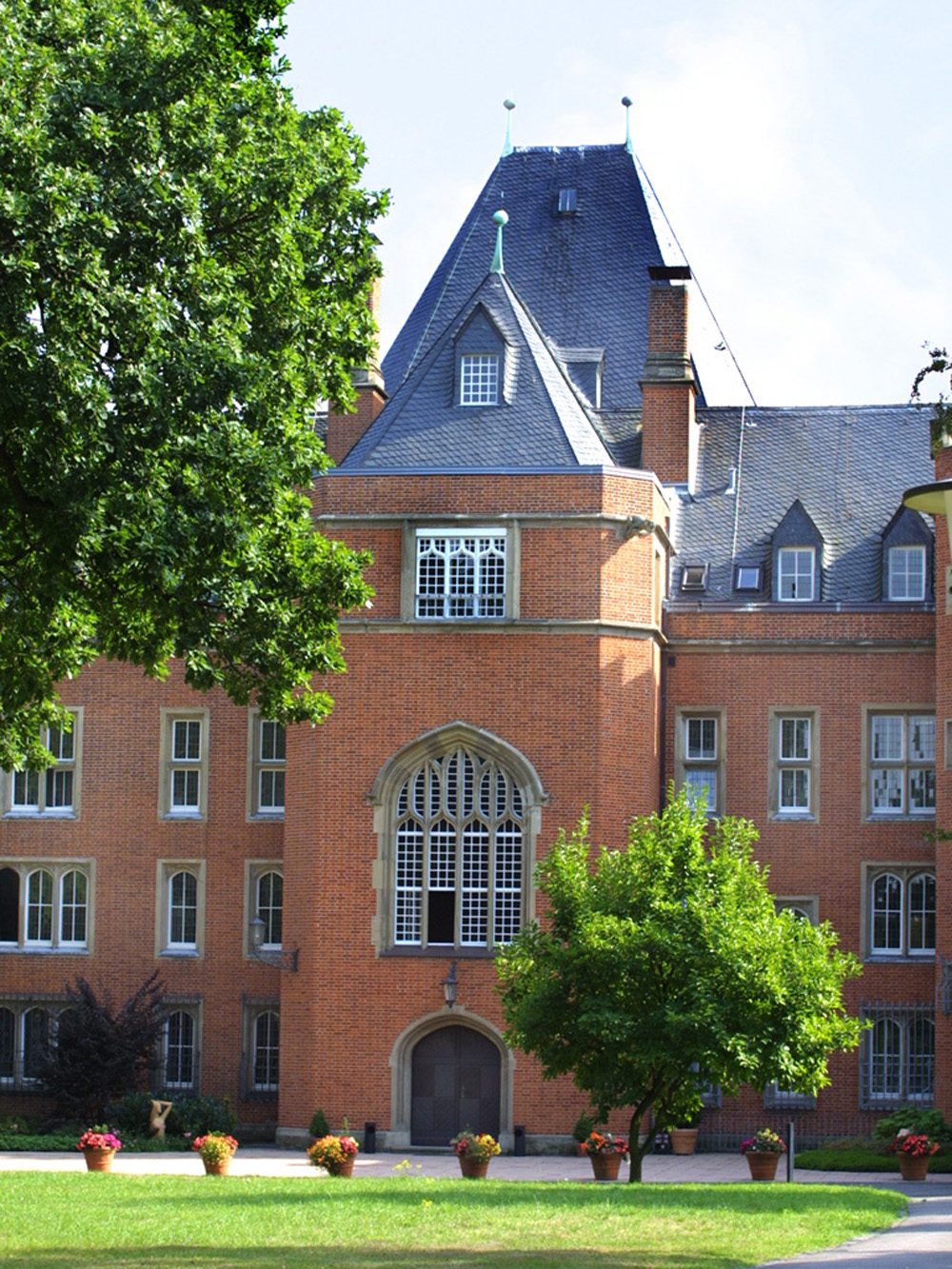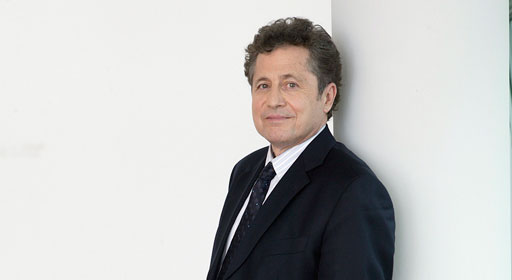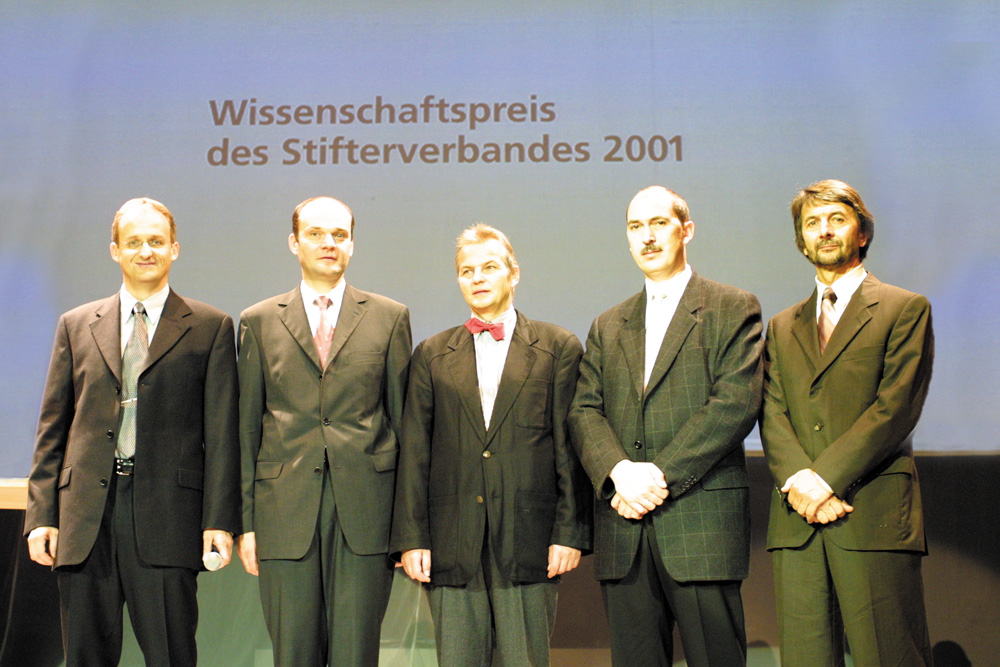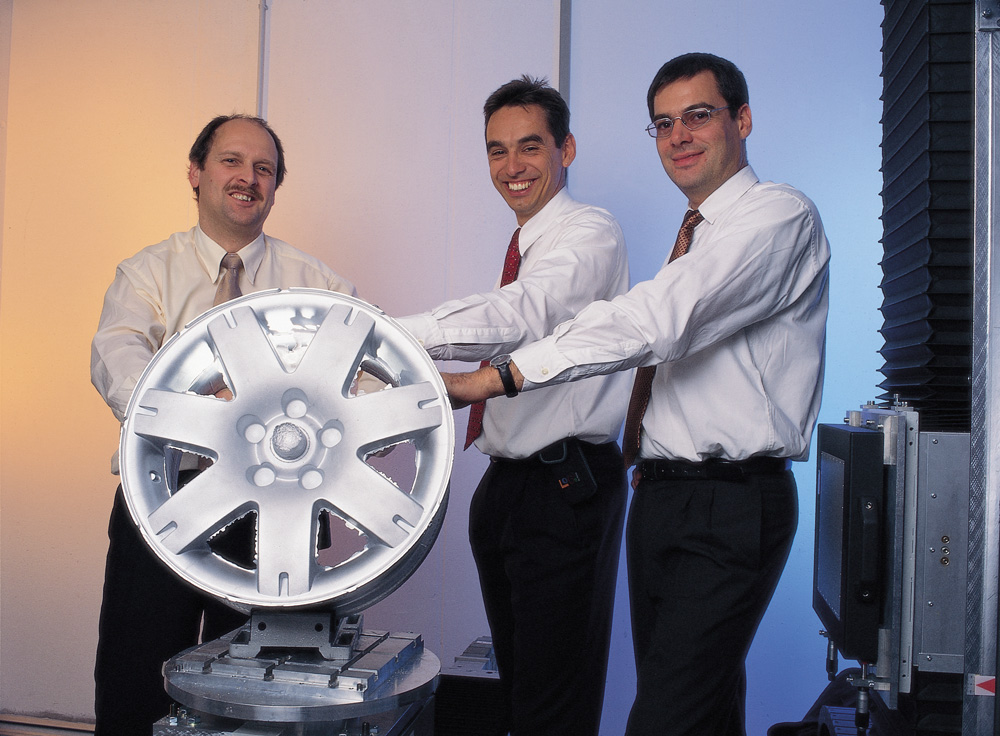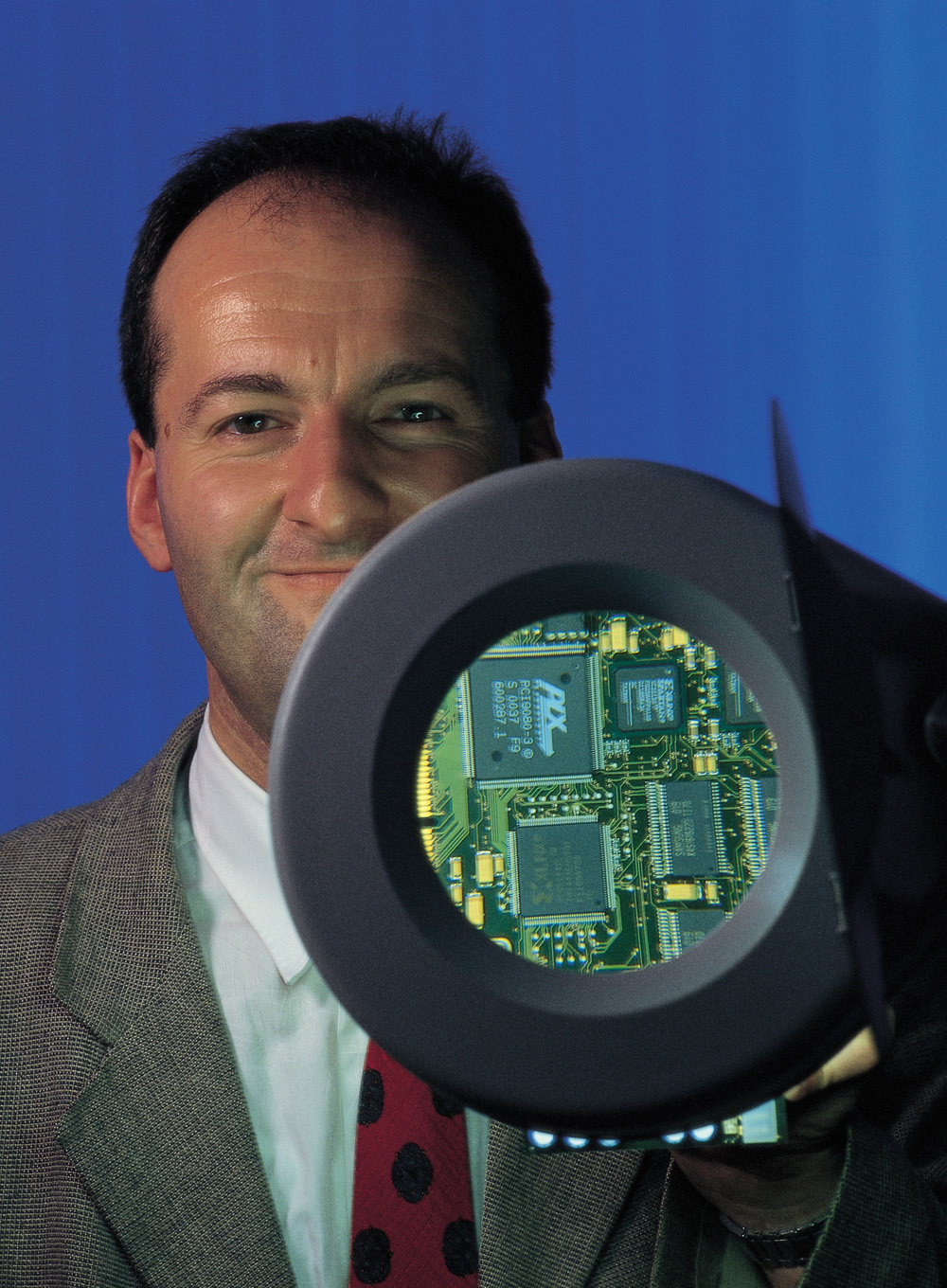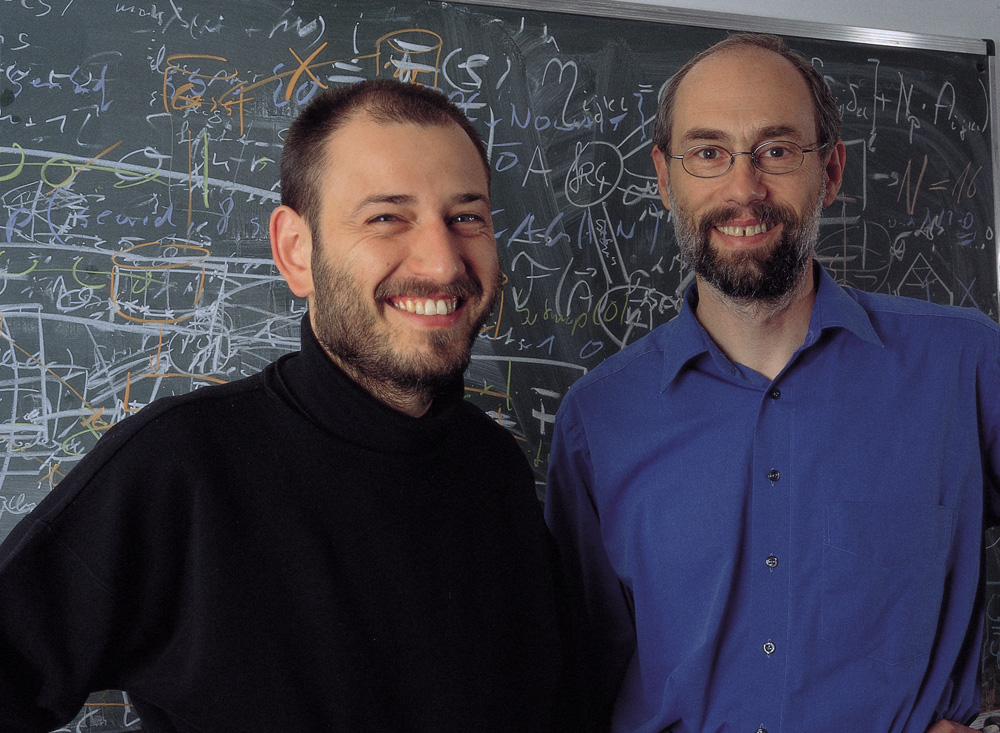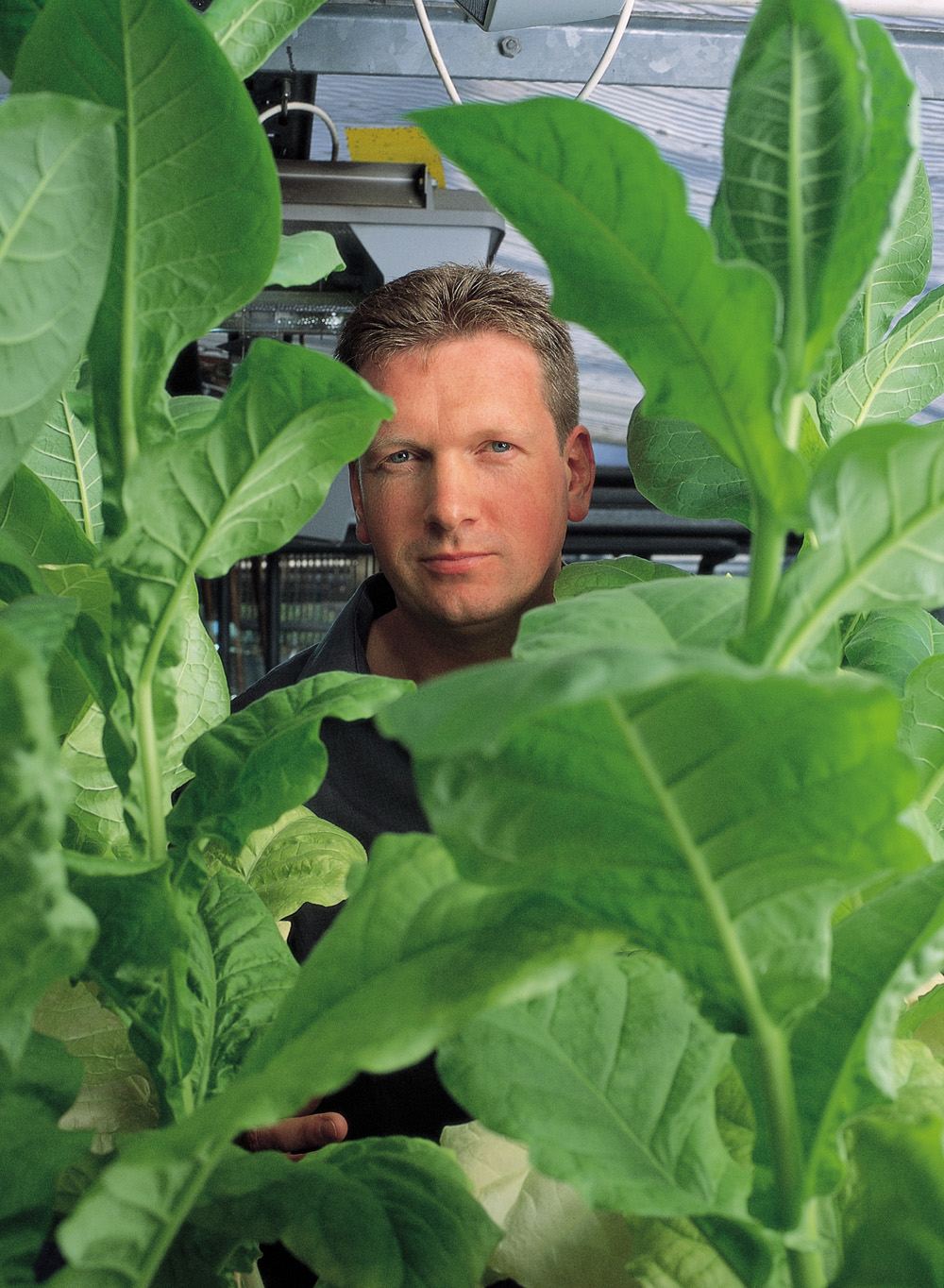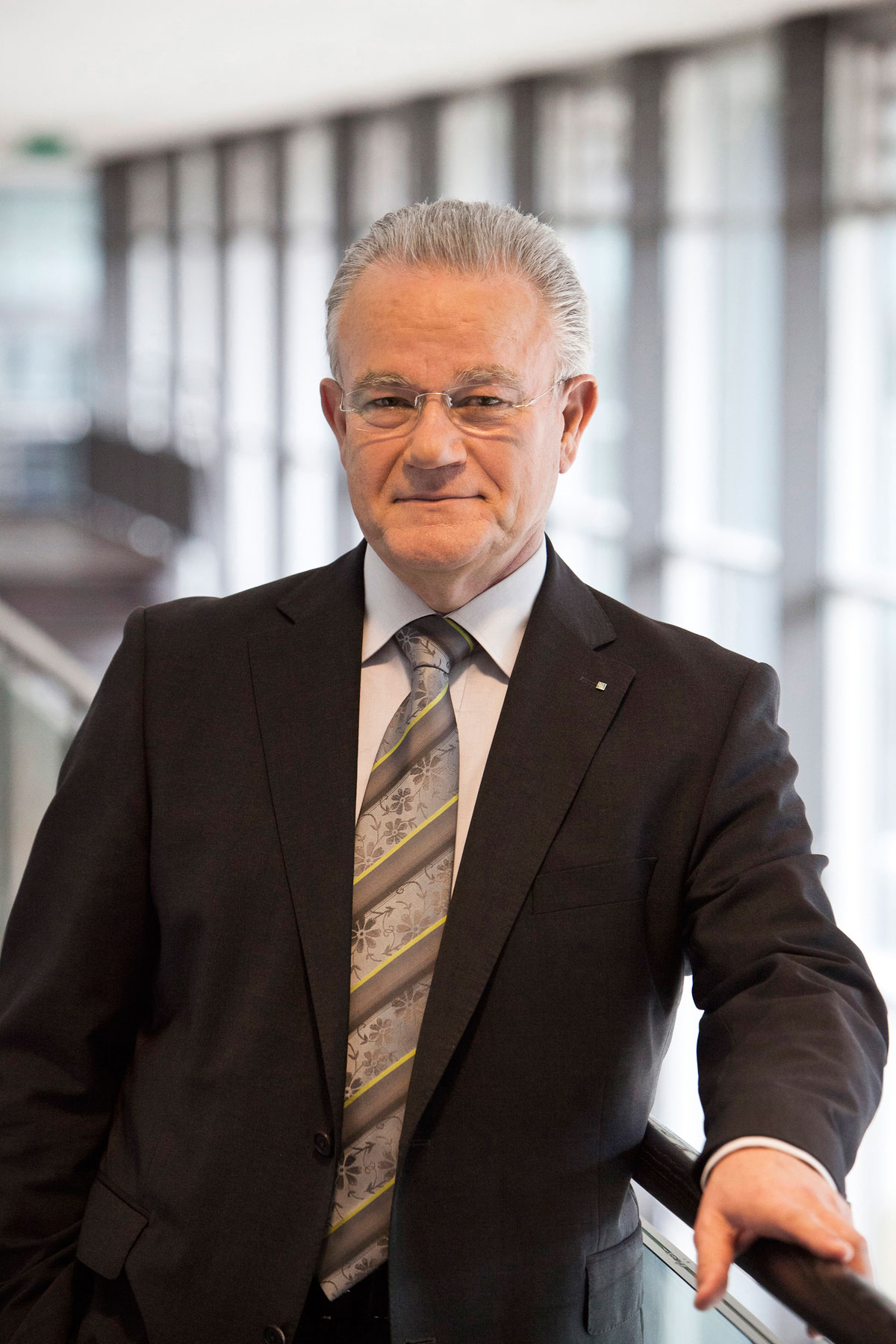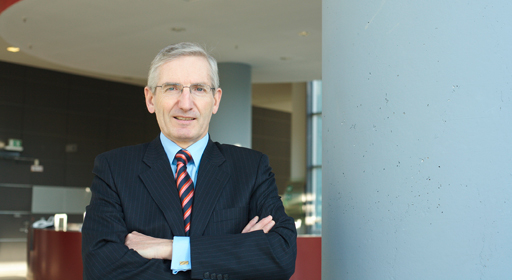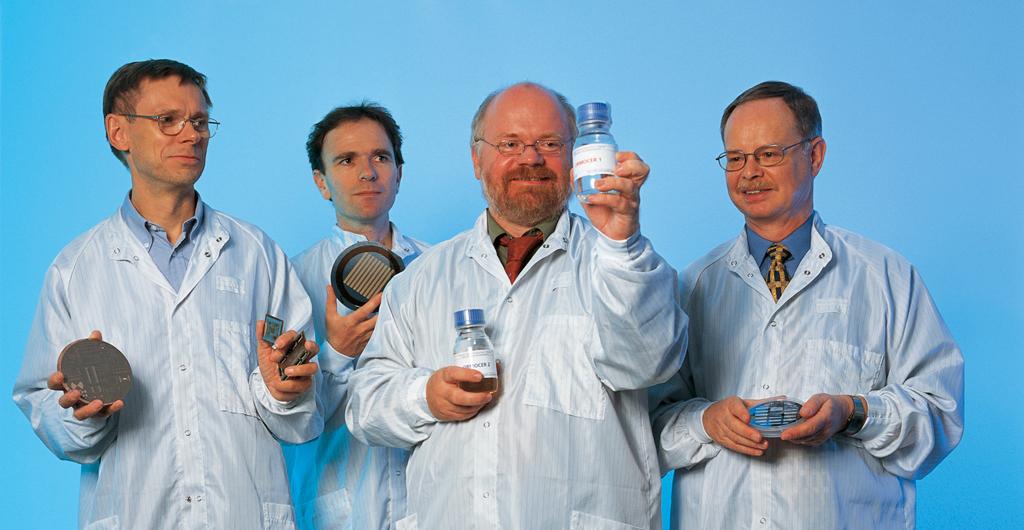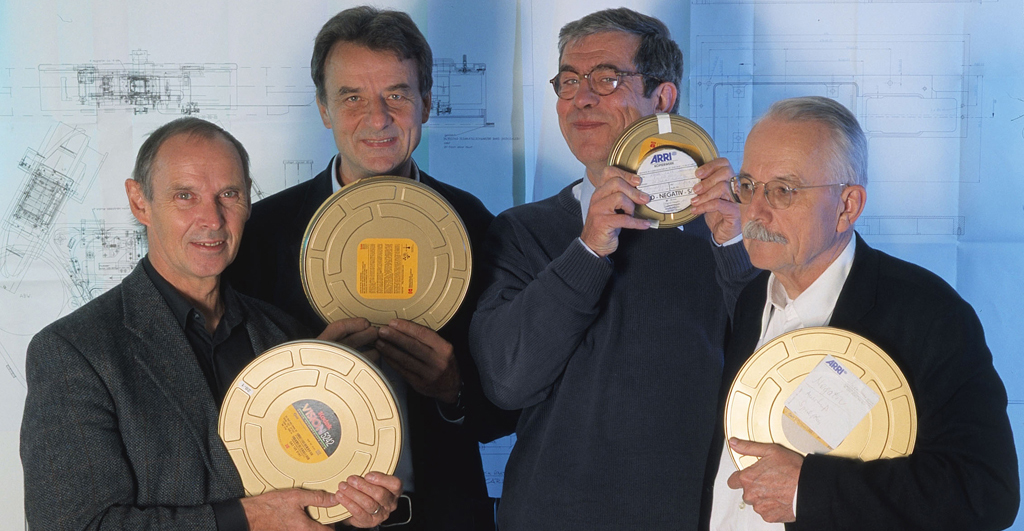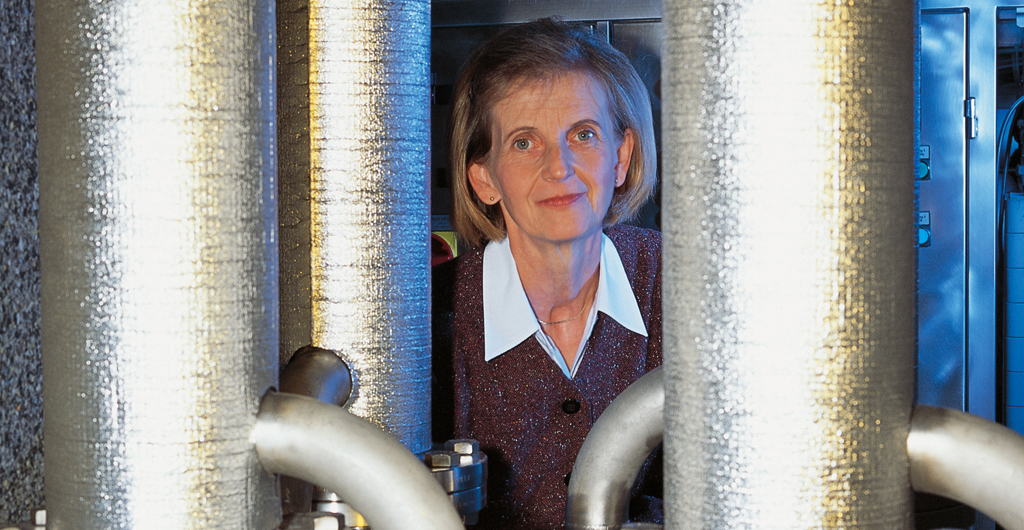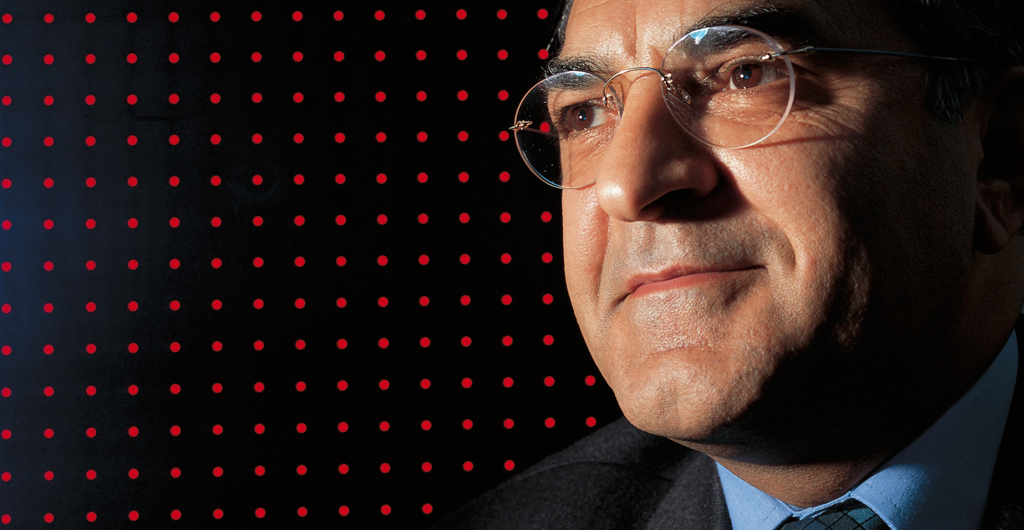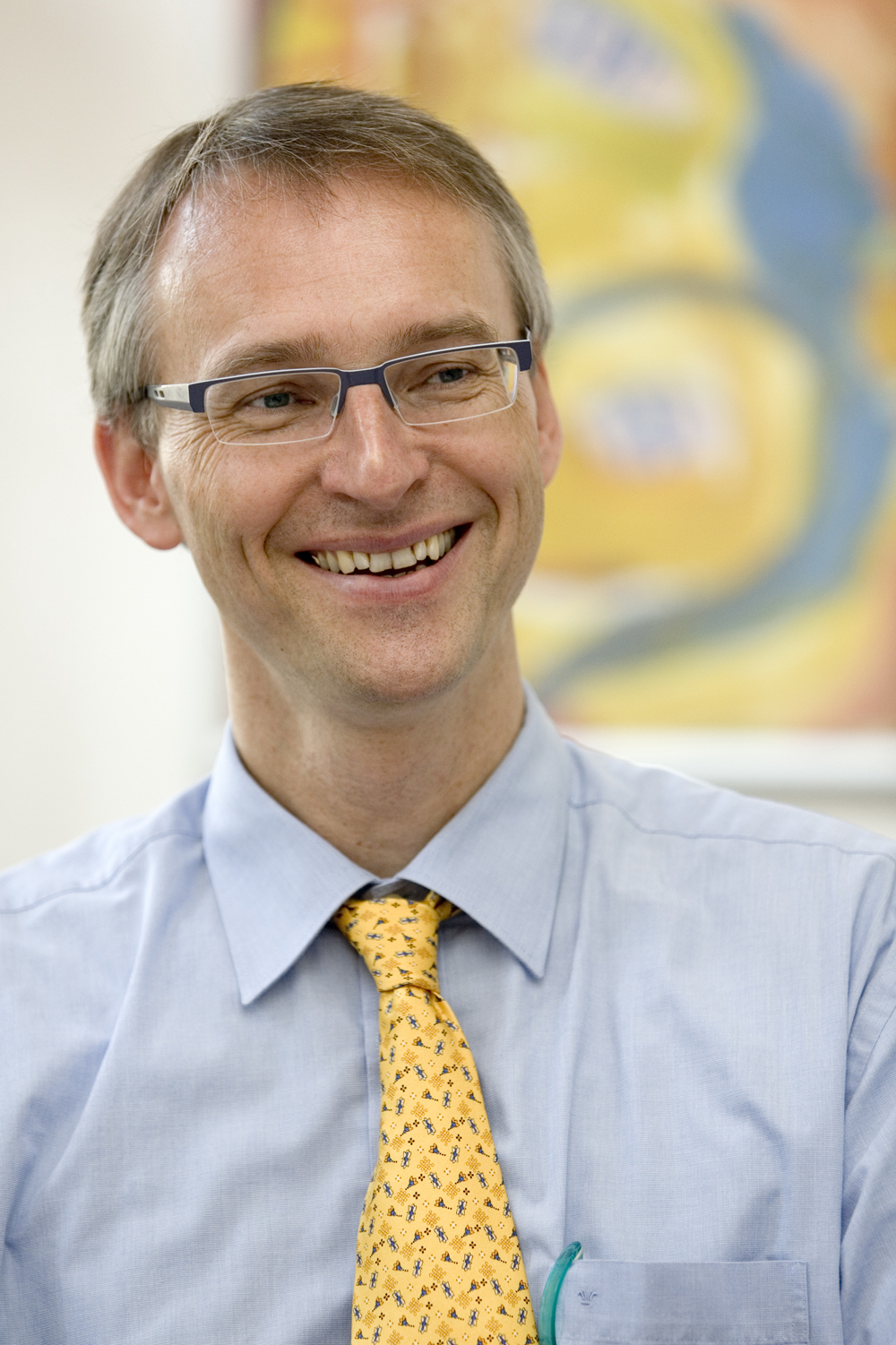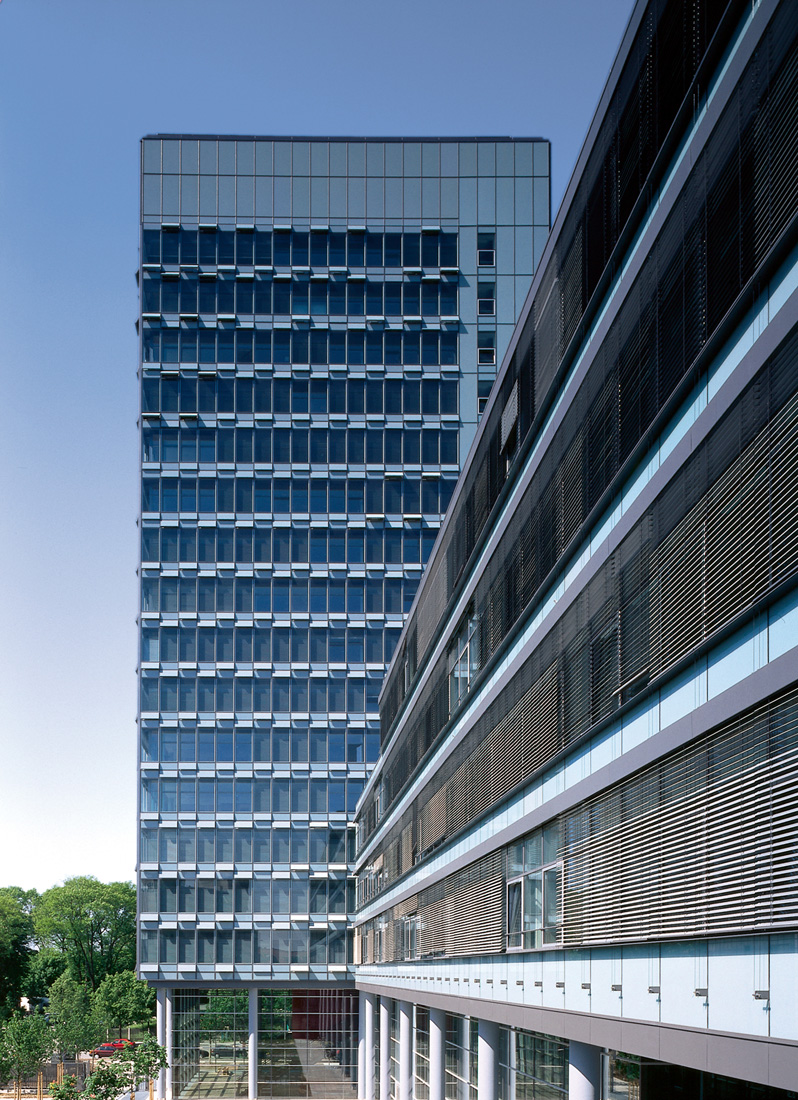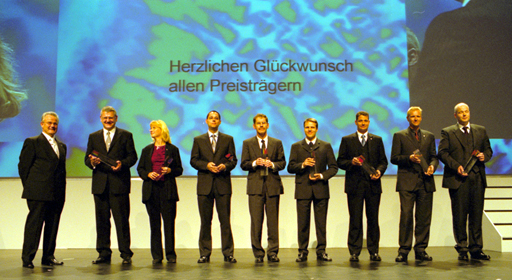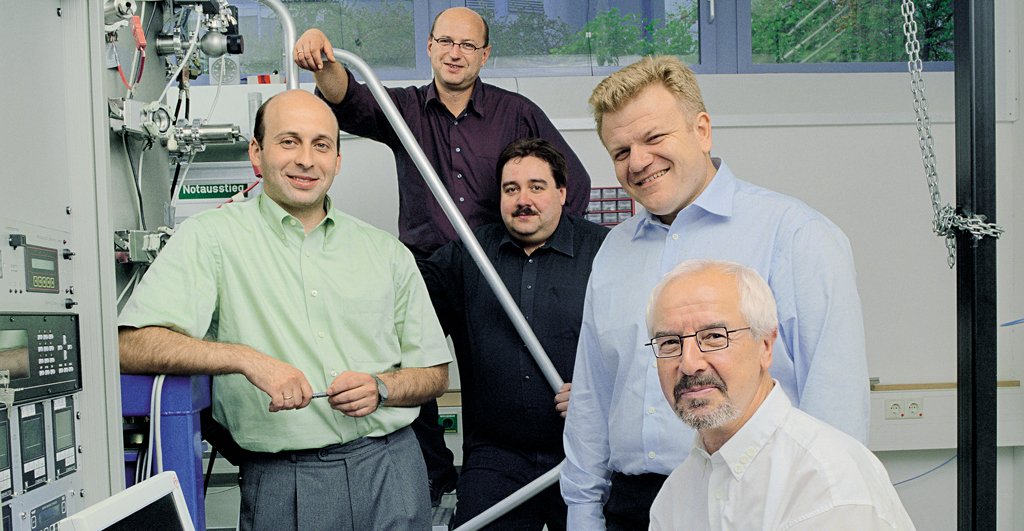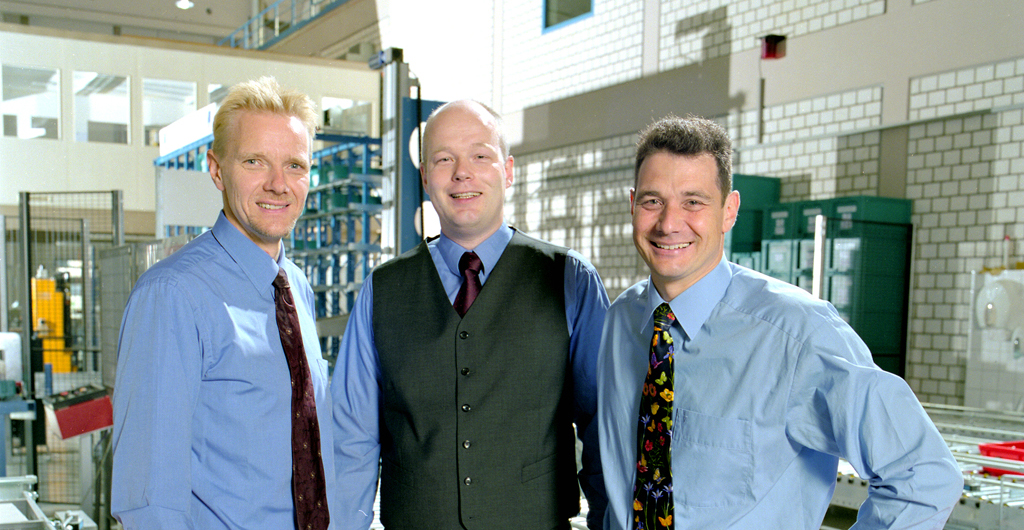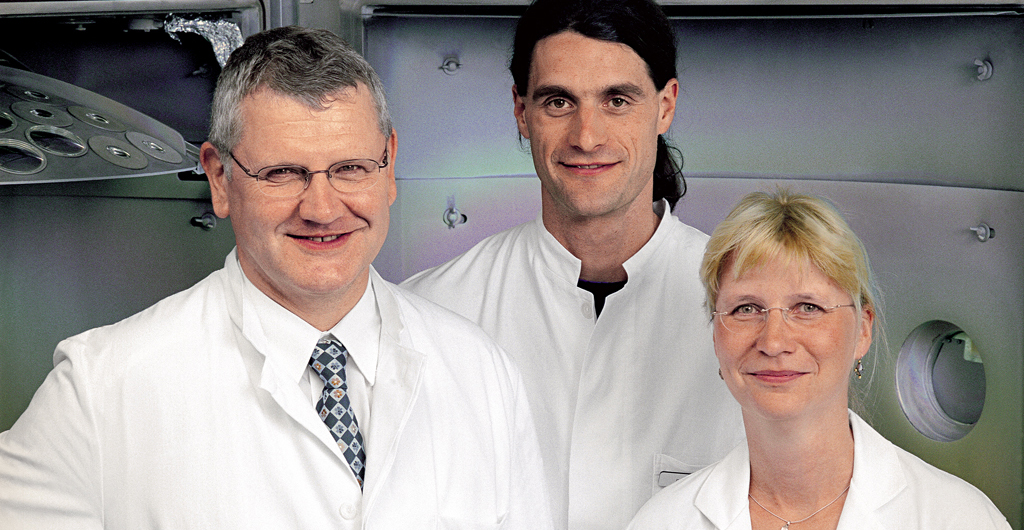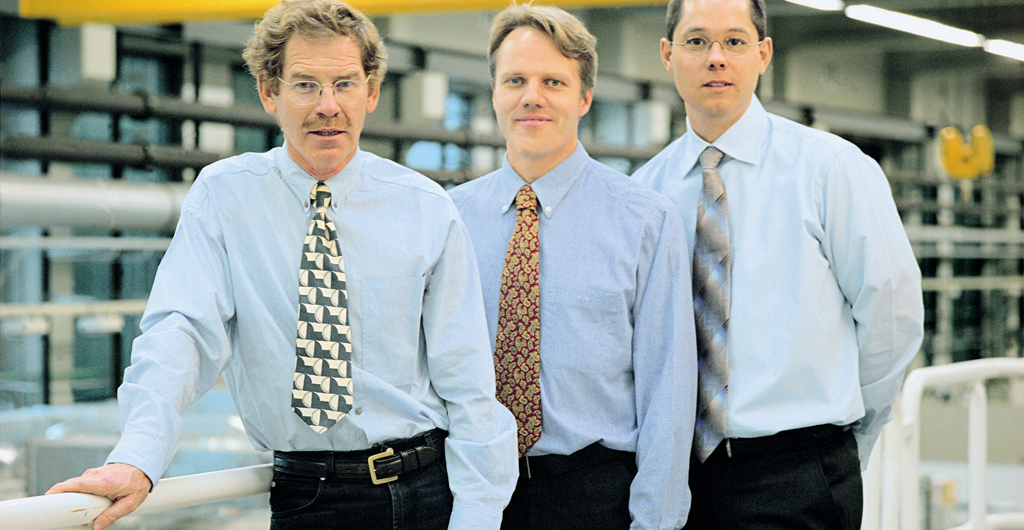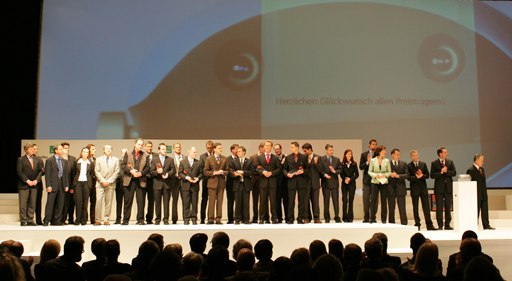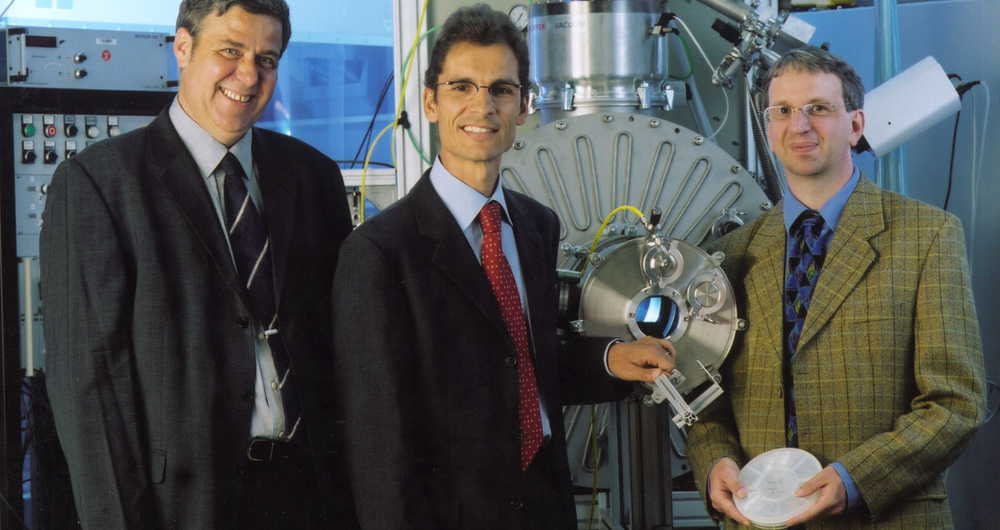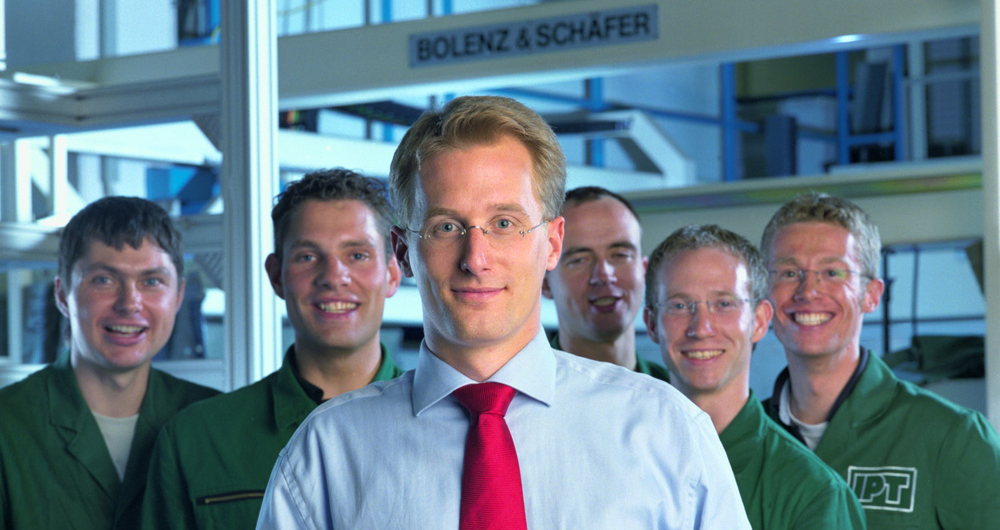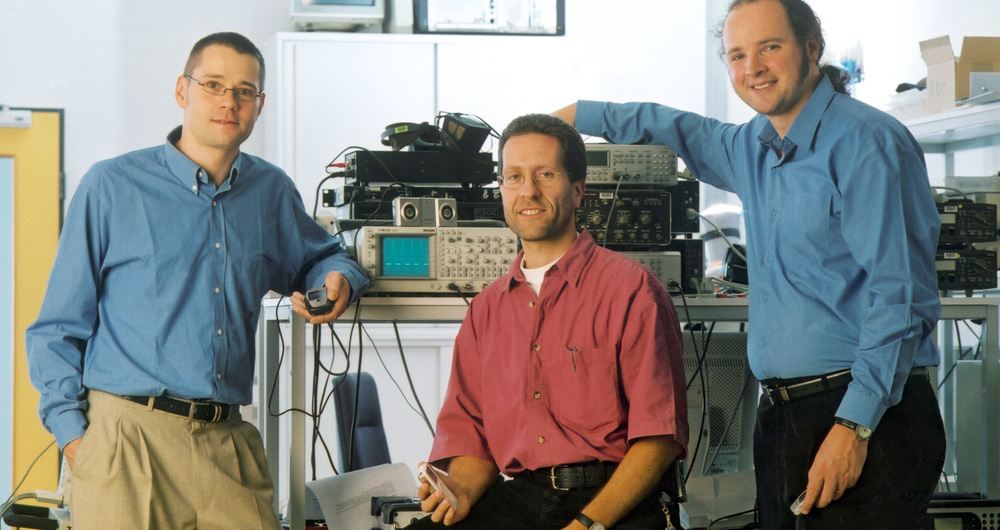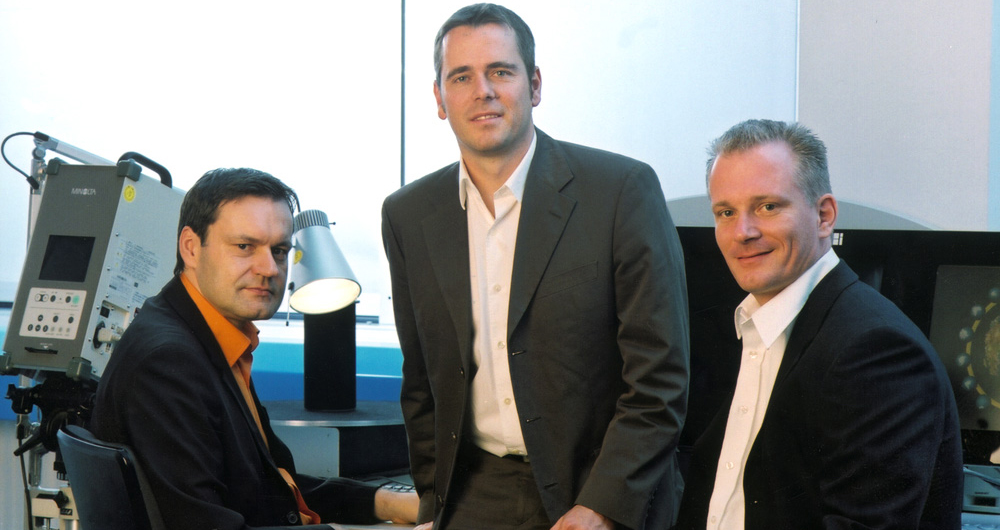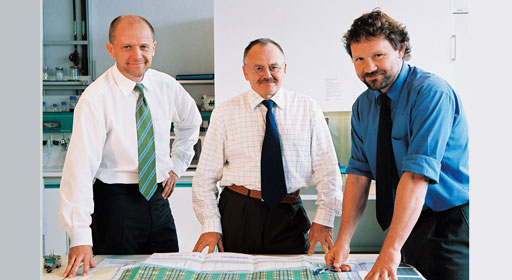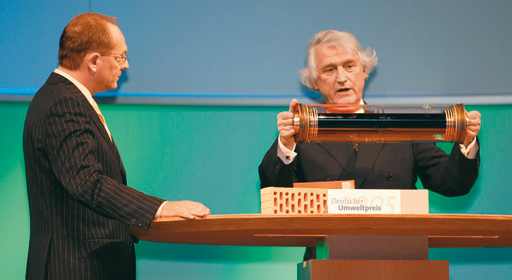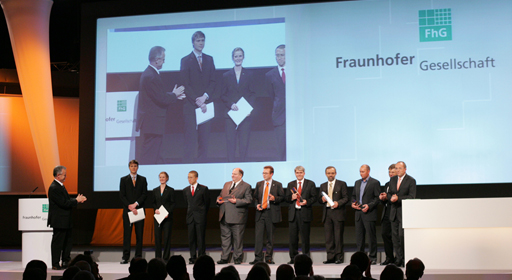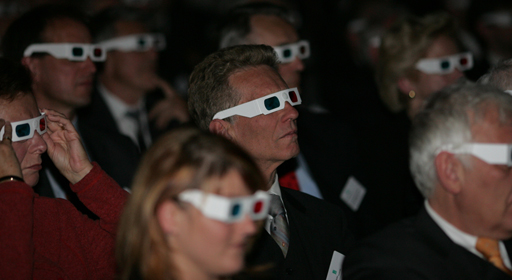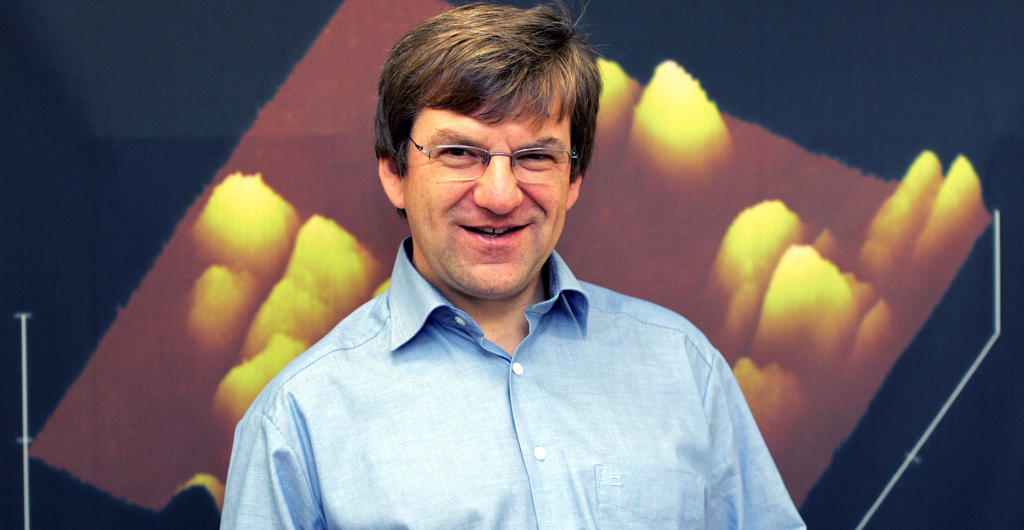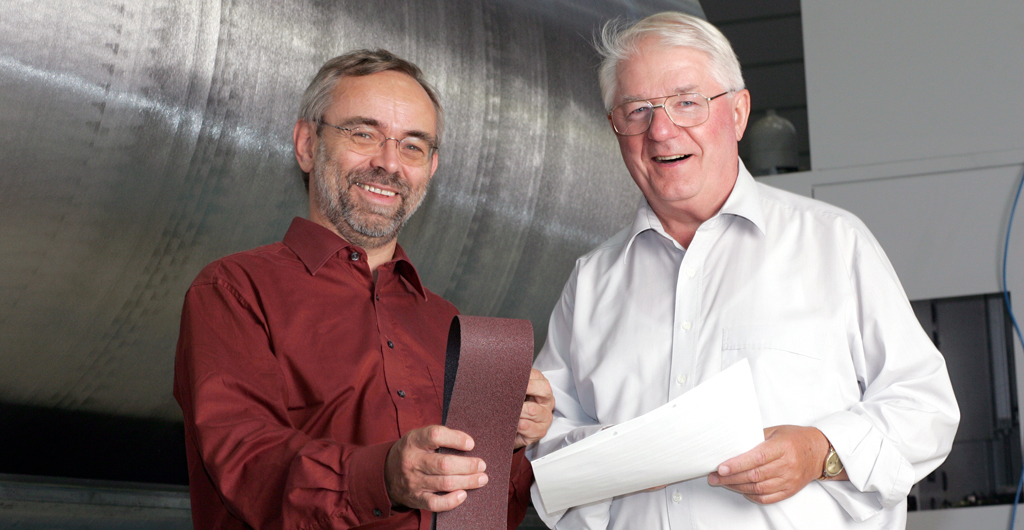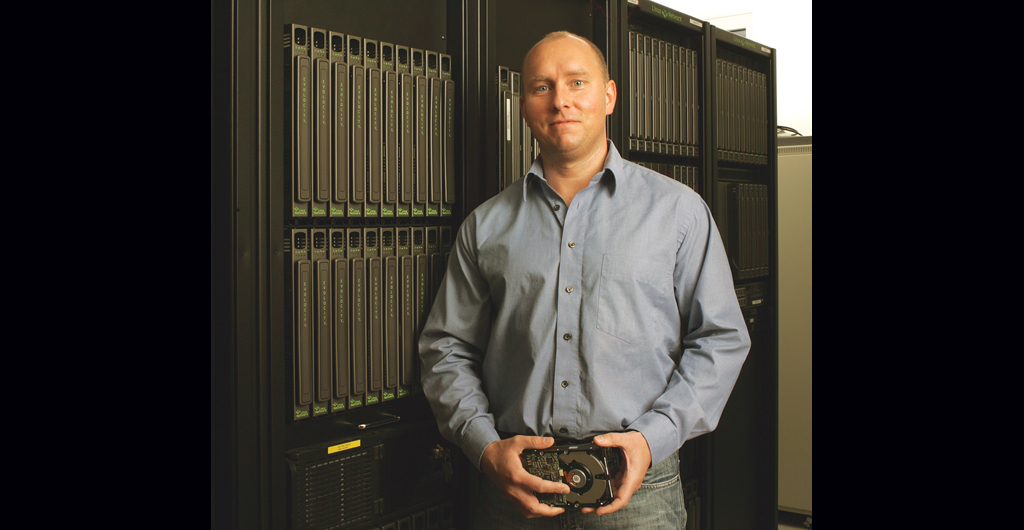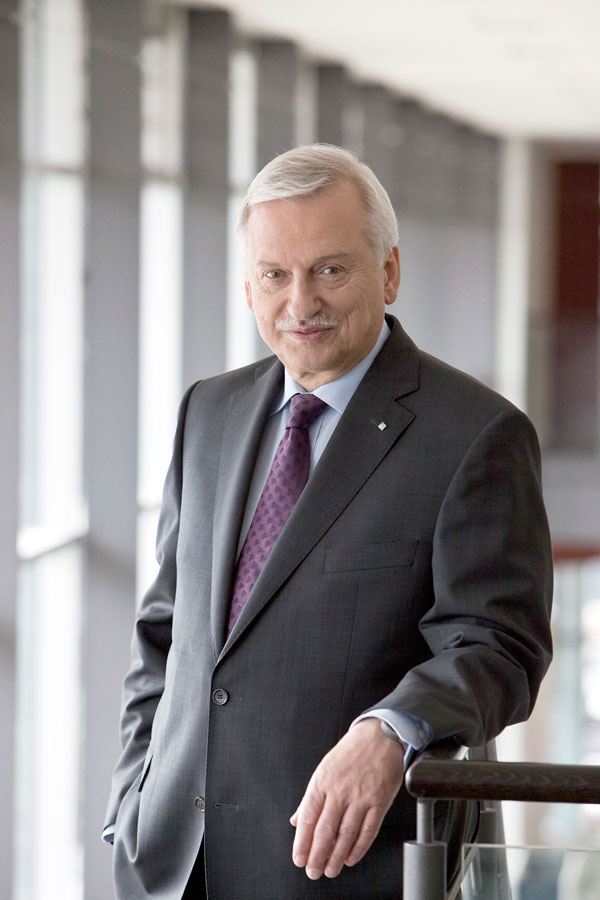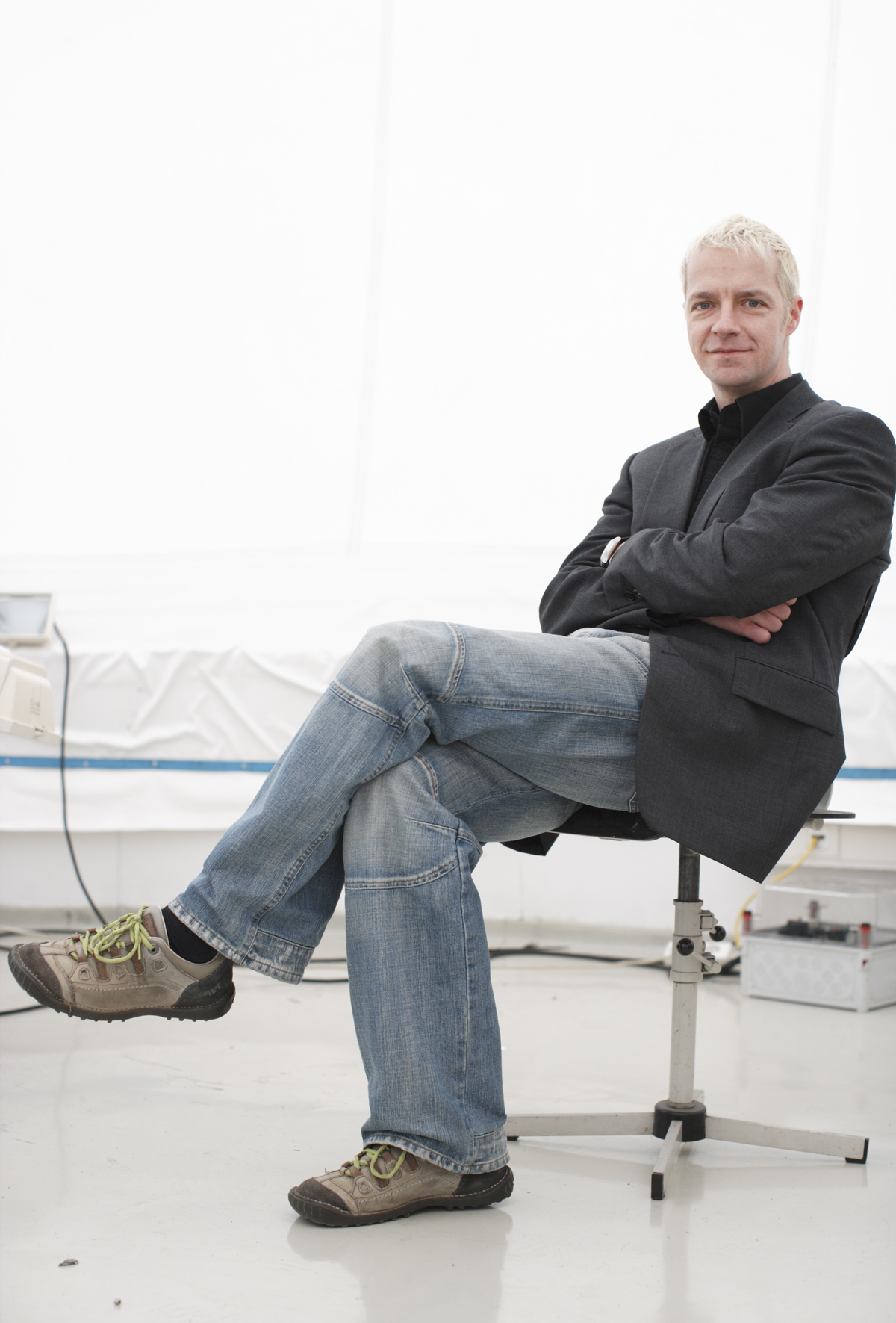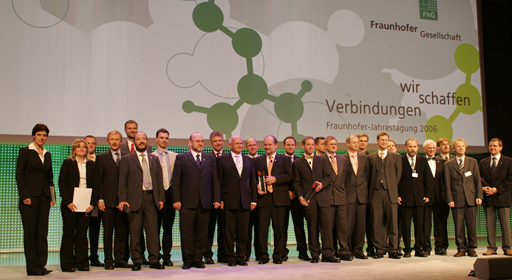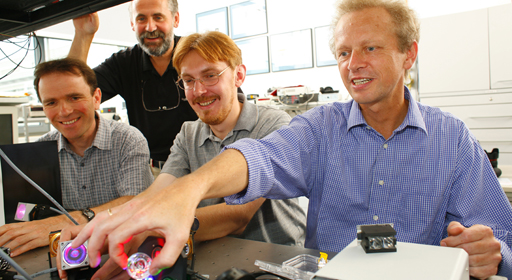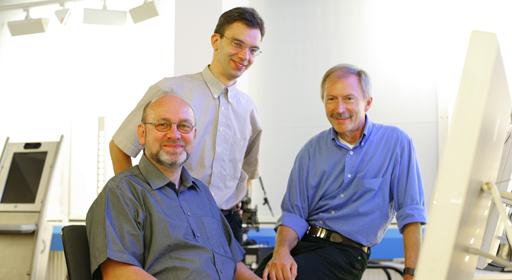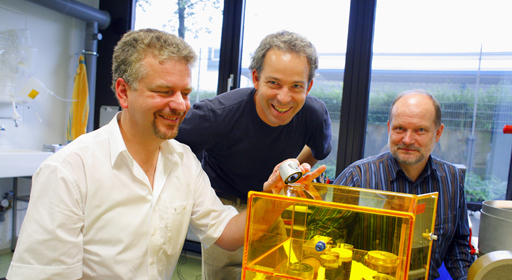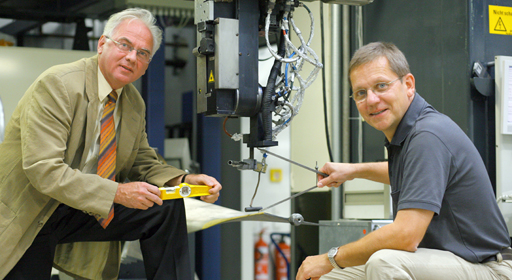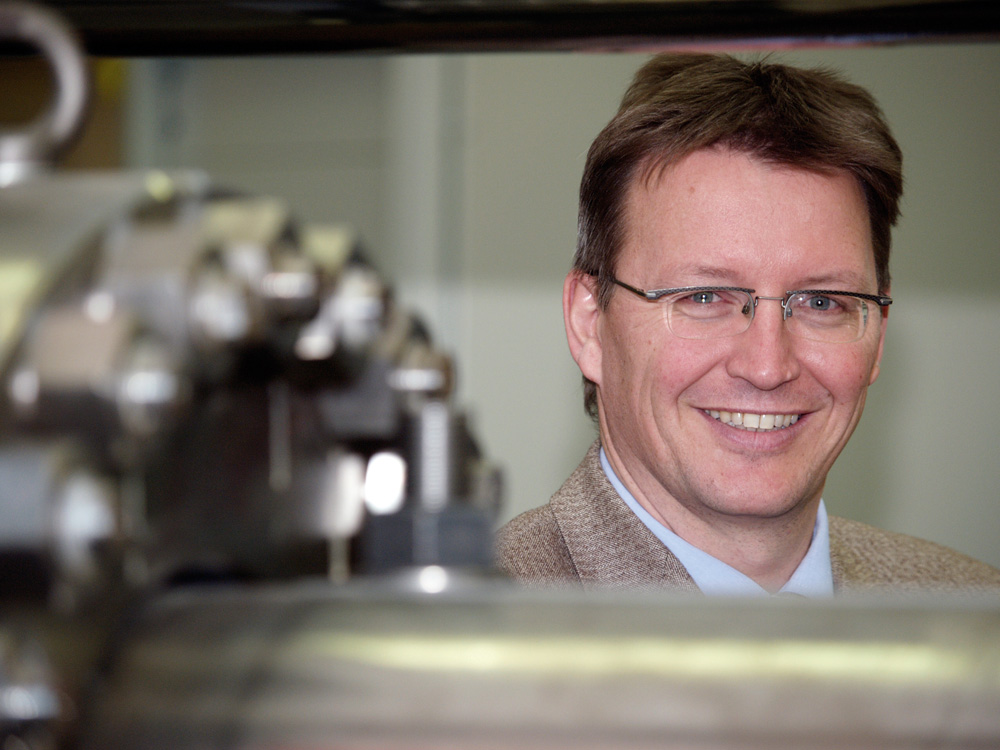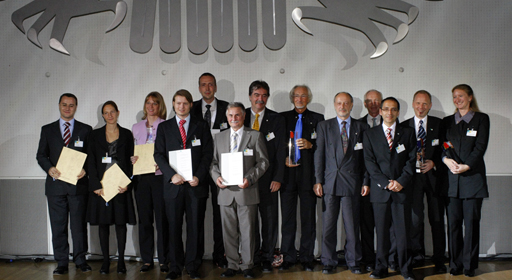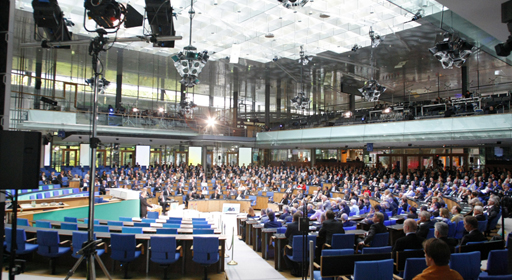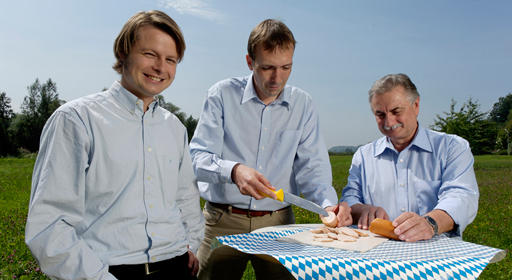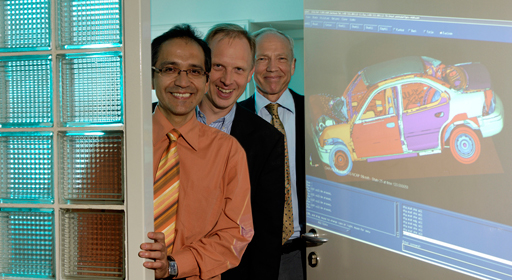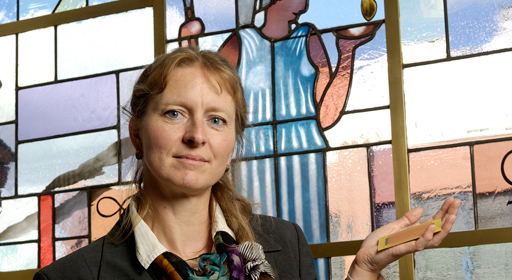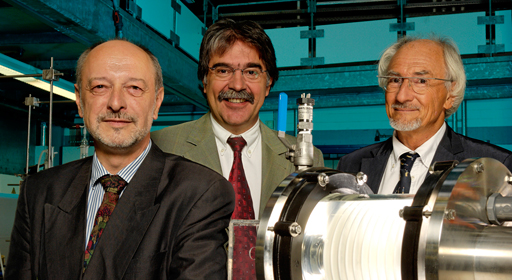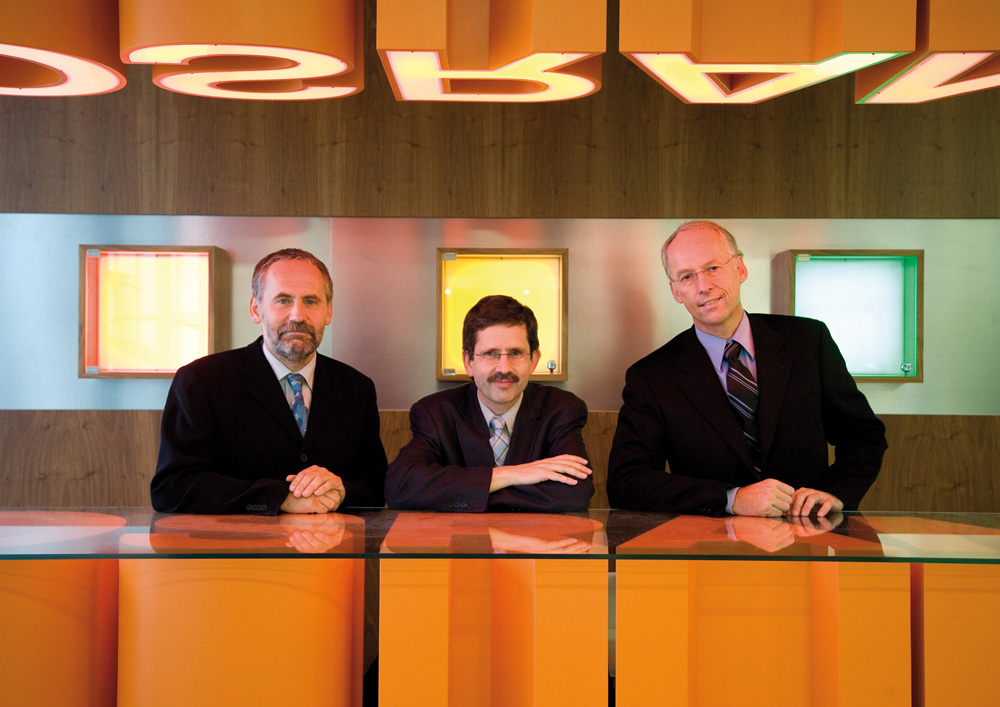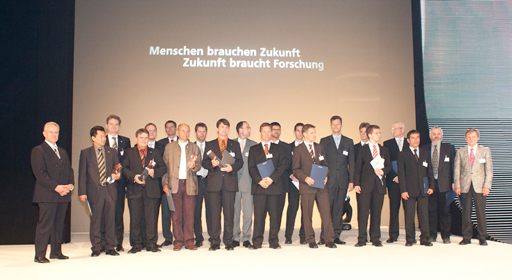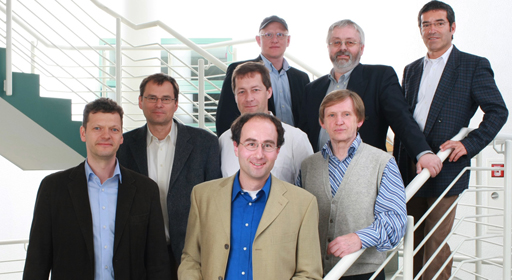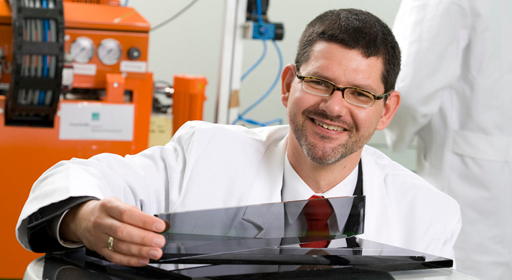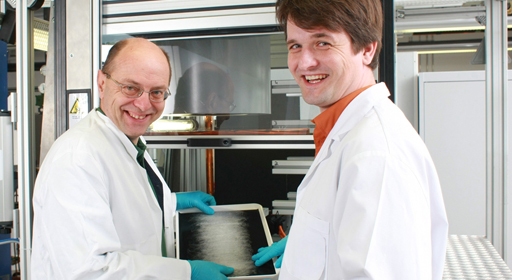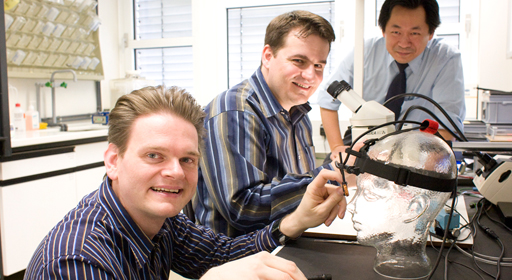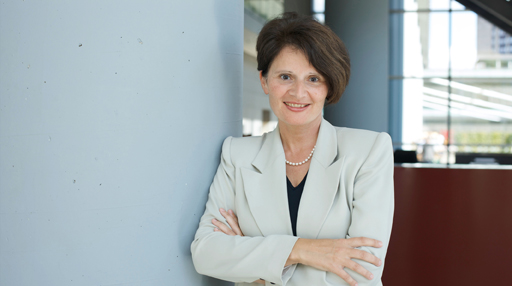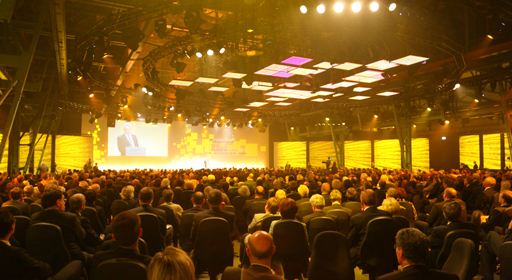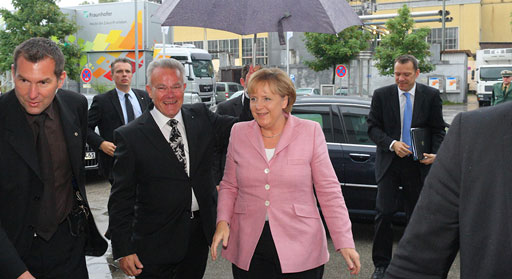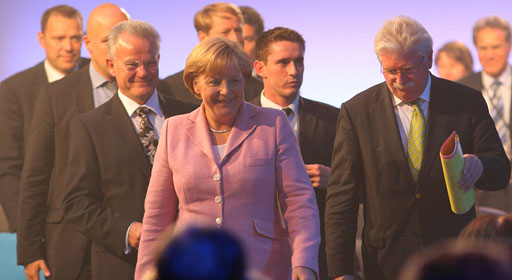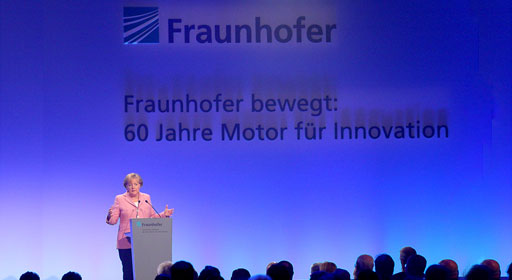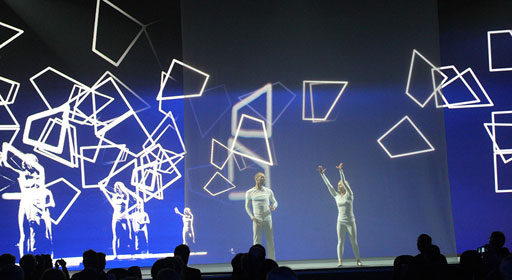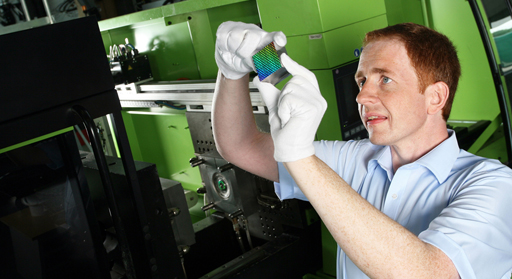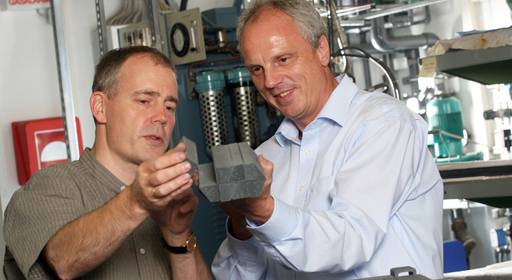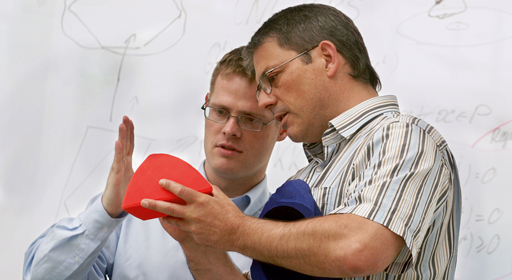Fraunhofer Prize ceremony
At the annual conference of the Fraunhofer-Gesellschaft 2000 in Berlin, the first science prize of the Stifterverband, the Joseph-von-Fraunhofer awards and the Hugo Geiger prizes are awarded.
The Science Award of the Stifterverband für die Deutsche Wissenschaft awards scientifically excellent joint projects in applied research which Fraunhofer Institutes work on in collaboration with industry and / or other research organizations.
Winners of the Science Award of the Stifterverband
- Dr. Wolfgang Gebhardt from the Fraunhofer Institute for Non-Destructive Testing IZFP
- Dr. Thomas Gesang from the Fraunhofer Institute for Manufacturing Technology and Applied Materials Research IFAM
- Dr. Andreas Schönecker from the Fraunhofer Institute for Ceramic Technology and Sintering Materials IKTS
- Dr. Bärbel Thielicke from the Fraunhofer Institute for Mechanics of Materials IWM
- Dipl.-Chem. Dieter Sporn from the Fraunhofer Institute for Silicate Research ISC and its partners in the research network Adaptronics
Fraunhofer Research Association "Adaptronics"
Following the example of nature, researchers and technicians want to develop materials that adapt themselves to their environment with the help of integrated sensors, actuators and control technology. These adaptive materials are suitable for dampening vibrations, reducing noise or saving fuel. The cross-institutional research network "Adaptronics" develops the fundamentals and applications for this type of intelligent materials. For its outstanding scientific achievements and its exemplary cooperation, this research association receives the Science Prize of the Stifterverband endowed with 100,000 marks.
Prize winners of the Joseph von Fraunhofer Prize
- Christoph Schaeffer
from the Fraunhofer Institute for Manufacturing Engineering and Automation IPA for the development of a service robot - a marketable product
- Dr. Thomas Graeve
from the Fraunhofer Institute for Interfacial Engineering and Biotechnology IGB for his research work on three-dimensional cell structures as a test system and graft
- Dr. Dieter Schneider and Dr. med. Thomas Black
from the Fraunhofer Institute for Material and Beam Technology IWS for a laser-acoustic measuring device for nanotechnology
Winner of the Hugo Geiger Prize for junior scientists
Dirk Rothenstein, Christoph Dieterich, Marc Schmidt-Supprian from the Fraunhofer Institute for Interfacial Engineering and Biotechnology IGB for outstanding application-oriented diploma theses or comparable achievements in the field of life sciences
